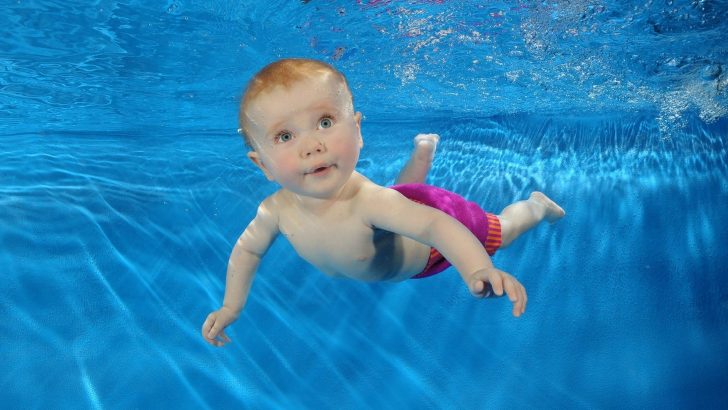If there is one thing we’re not short of in Ireland, it’s water. As well as having over 4,600 miles of coastline, Ireland boasts of numerous lakes and rivers.
Over the past few decades watersports have taken off in Ireland. The invention of the wetsuit made much of this possible in our cold climate. It is now possible to spend summer holidays in Ireland swimming, diving, splashing about in kayaks, on surfboards or learning to sail.
However, watersports carry risks and last year 123 people drowned in Ireland, with the majority happening in lakes and rivers. Drownings can happen quickly and silently, and people often overestimate their own abilities.
Most children are enticed by water and this can be a source of endless worry for parents. In a recent consumer research study commissioned by the Council of Irish Water Safety, only 35% of parents felt confident about the level of their children’s water safety knowledge. Most parents (47%) are unaware if Primary Aquatics Water Safety (PAWS) is part of their child’s primary school curriculum. PAWS is a course developed by Irish Water Safety specially tailored for primary school pupils, where teachers have the ability to certify their pupils with nationally recognised awards.
Teachers can take their class through the first three awards without going near water – Land PAWS 1, 2 and 3. These awards consist of theory of water safety – safe swimming, safety on the farm, safety on open water etc. The awards become more detailed as the pupils progress (Land PAWS 2 and 3) – simulated rescues on land, e.g. throwing a rescue rope into a designated area. (www.iws.ie)
Learning to swim is an essential skill for children and can be started from an early age. Babies have a real affinity with water, and because they’ve spent nine months floating in the womb, being in warm water feels much more familiar to them than being on dry land.
However, this early confidence usually diminishes with time, and can even turn to fear.
In their first few weeks, babies naturally make rhythmical, co-ordinated swimming movements, and also inhibit their own breathing underwater. After about six months, that reflex lessens as they start to take control of their own breathing when going underwater.
Until they’re aged about three, babies and toddlers lack the strength, co-ordination and motor skills to swim on the surface; the way their body-mass is distributed also makes it difficult.
However, with careful supervision and encouragement they can naturally swim short distances underwater from very early on.
Benefits
Here are 10 benefits for teaching babies to swim (from www.waterbabies.ie):
1. Teaches water safety
Learning to get to the side, hold on, get out and/or swim could save your child’s life one day, and these vital safety techniques can be taught from birth.
2. Improves health
Swimming from birth is fantastic for your baby’s health and development, and could spark a lifetime’s interest in sport. Swimming lessons provide a complete physical work-out, strengthening your baby’s heart and lungs and in turn aiding development of the brain.
3. Promotes bonding
Skin-to-skin contact strengthens the bond between you and your child. For parents with more than one child, this may be your one chance in the week to focus purely on your infant (and will probably be the only time when your mobile phone will be out of earshot!).
4. Boosts confidence
Introducing children to water at a very young age helps prevent a fear of water developing later. Exercises that involve moving independently in water and holding on to the side are wonderful for your baby’s confidence.
Many parents also find that handling their baby in water is great for them, too — especially if they’re anxious about water or can’t swim.
5. Develops co-ordination
Being in the water helps improve co-ordination and balance. For example, a 2009 study by the Norwegian University of Science & Technology found that babies who swim have better balance and can grasp objects more easily.
6. Builds strength
Buoyancy and water-resistance mean that babies exercise more muscles, more effectively, in water than on land. Finnish research showed that swimming babies crawled later but walked earlier, thanks to their excellent muscle control.
7. Develops learning skills
Responding to repetitive voice commands can sharpen your baby’s mental skills and increase their levels of understanding. A German study found that swimming babies had advanced motor development, social skills and intelligence.
8. Enhances wellbeing
Warm water relaxes your baby and swimming stimulates their appetite; for you, the good news is improved sleeping and eating patterns!
9. Provides structure
Weekly swimming classes contribute to structuring your week and your day, providing a regular fun and social activity.
10. Safe from birth
According to the HSE it is perfectly safe for babies to start swimming from birth before having their immunisations. The diseases babies are vaccinated against are not carried in water. Babies can be taken swimming at any time regardless of where they are with their immunisation schedule. (www.hse.ie)


 Mags Gargan
Mags Gargan